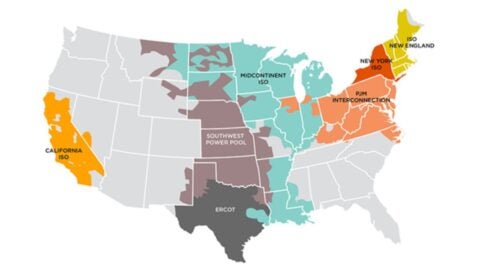Fuel tax regressive, burden on the "poor"
Claim:
“The purpose of these [global warming] programs is to ration fossil-based energy by making it more expensive and therefore less appealing for public consumption. It is a regressive tax that imposes a greater burden relative to resources on the poor than it does on the rich.”
– Senator James Inhofe (R-OK) from his January 8, 2009 statement on the floor of the Senate.
Truth:
The purpose of a climate bill that caps America’s global warming pollution is to reward innovation and unleash clean energy technologies to rebuild America and free ourselves from our dependence on fossil fuels.
A properly designed policy would not impose any new financial burdens on the poor and, instead, would provide tremendous economic benefits and put people to work building out our clean energy infrastructure.
The Congressional Budget Office estimates that by 2020 under a program that caps America’s global warming pollution, the value of auctioning pollution credits could total between $50 billion and $300 billion (in 2007 dollars) in new revenue to the federal government.
According to the Center on Budget and Policy Priorities (CBPP), “Funding equal to about 15% of the value of the emissions allowances under a ‘cap-and-trade’ system would be enough to hold the poorest fifth of households harmless and partially offset the costs for those with modestly higher incomes.”












